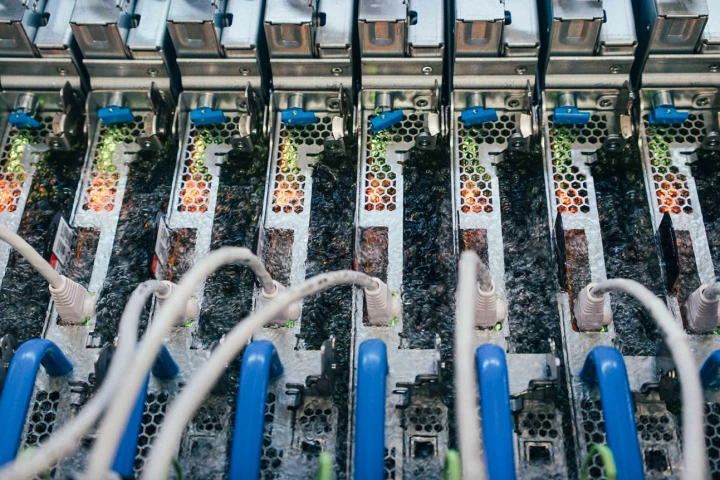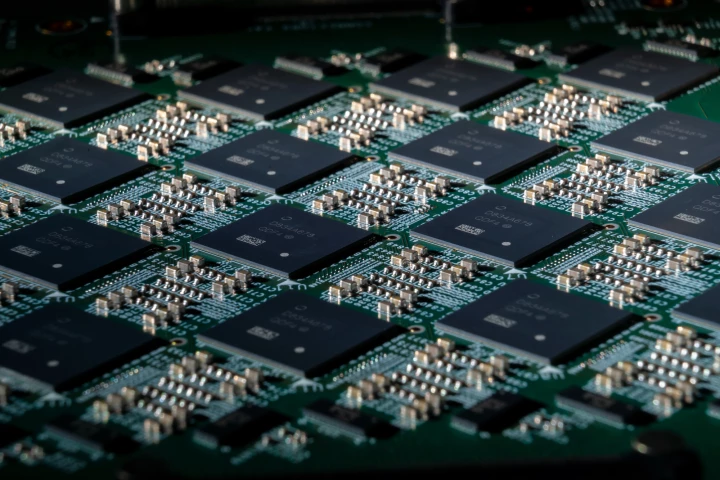Cloud Computing
-
China has finished construction of what’s being billed as the world’s first wind-powered underwater data center. The project, which cost around 1.6 billion yuan (US$226 million), marks a bold step in green, high-performing computing infrastructure.
-
Current AI training methods burn colossal amounts of energy to learn, but the human brain sips just 20 W. Swiss startup FinalSpark is now selling access to cyborg biocomputers, running up to four living human brain organoids wired into silicon chips.
-
Researchers have developed a new cloud gaming system that uses low-level white noise to accurately synchronize separated audio and video streams transmitted to multiple devices, ensuring gamers see and hear things at the right time.
-
Liquid cooling is one of the most effective ways to keep computers from overheating. Microsoft has now put a unique spin on the technique, demonstrating a system to cool its cloud servers by dunking the computers into a tank full of boiling liquid.
-
Data centers require heavy-duty cooling and maintenance. Microsoft has now finished a two-year test of an unconventional solution – dropping a data center to the bottom of the sea – and found that it was more reliable than land-based facilities.
-
Boston Dynamics’ dog-like Spot robot can now be remotely controlled from anywhere in the world thanks to a partnership with Rocos. To demonstrate its new capabilities the US team remotely monitored the robot working on an isolated farm in New Zealand.
-
Computers still pale in comparison to nature’s version – the brain. Now Intel has unveiled its most powerful “neuromorphic” computing system. Named Pohoiki Springs, it packs in 100 million neurons, putting it on par with the brain of a small mammal.
-
In remote communities, a family doctor may or may not be present, but an ophthalmologist likely isn't. That's why Brazilian startup Phelcom Technologies created the Eyer, a smartphone-connected device that allows patients' retinal-scan images to be analyzed by ophthalmologists via the internet.
-
When we first caught up with BandLab – a cloud-based music creation and collaboration platform – the project was in its infancy. A lot has happened since early 2013, so a catchup is long overdue.
-
Hot on the heels of Google’s announcement last week of Project Stream, Microsoft has now revealed its own plans for a video game streaming service. Dubbed Project xCloud, the service would allow players to jump into an Xbox One game on basically any device – be it a TV, PC, or even a smartphone.
-
With text and images already covered, Google’s latest advancement expands its existing image recognition AI into the realm of video, promising a future where we can easily search through video content that is automatically assigned tags by an AI system.
-
Computer engineers from the University of Alabama at Birmingham (UAB) have developed a prototype that aims to keep the cloud local by wrapping it around the user, in the form of a microcomputer-embedded jacket.
Load More











